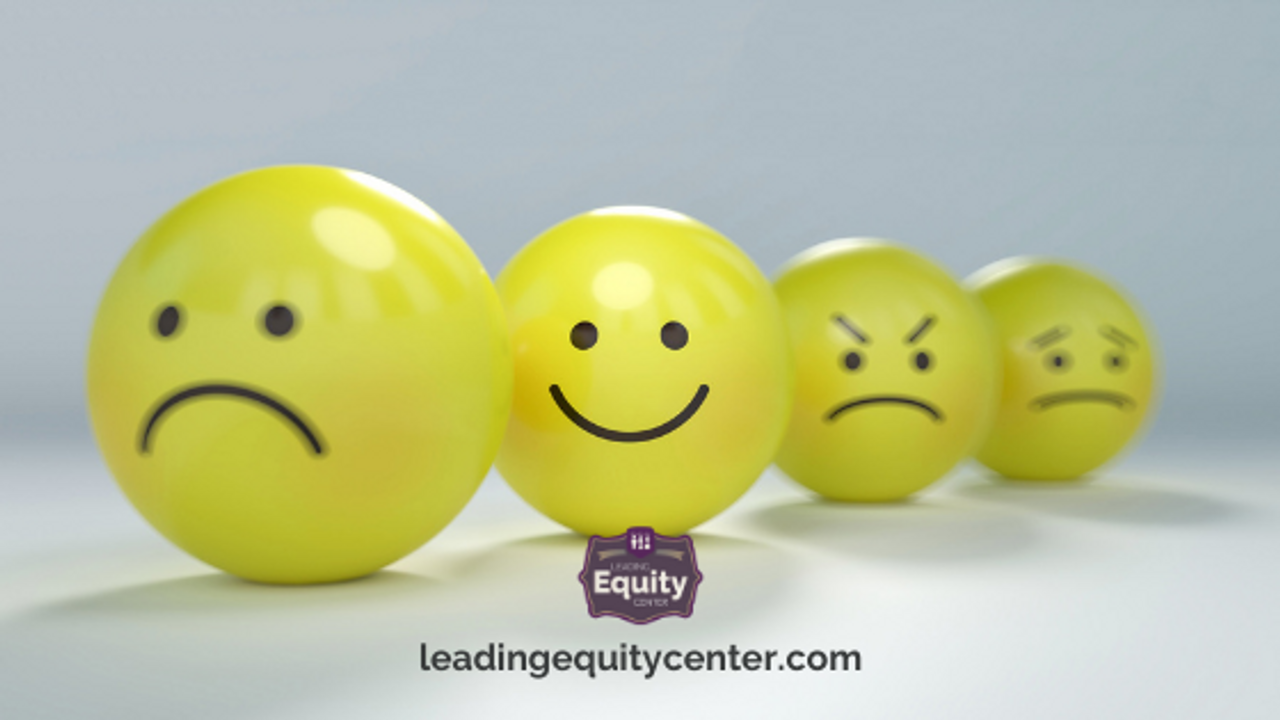"Whether a work of art or freak of nature, she’s a beautiful sight to behold"

Hello Advocates,
Monday marks the end of February - and for a short month, February has packed a punch this year.
As we close out Black History Month, I was struck by how colorism and racism can show up. In recent days, an image of a South Sudanese model was posted. In response to the photo, a distinguished professor of psychiatry, department chair, responded,
“Whether a work of art or freak of nature, she’s a beautiful sight to behold,”
Dr. Jeffrey A. Lieberman, the Columbia University Department of Psychiatry Chair, tweeted. Dr. Lieberman is also psychiatrist-in-chief at Columbia University Hospital Medical Center/New York-Presbyterian Hospital. He has been suspended from both roles. He also resigned as Executive Director of the New York State Psychiatric Institute.
Can we unpack this a little?
Upon seeing an image of a dark-skinned woman, Dr. Lieberman’s first instinct was to refer to the woman as a “work of art” or a “freak of nature” - in other words treating her as exotic and as an object.
How is this different from teachers who say, “I don’t see color” - and let’s not forget that Dr. Lieberman is a distinguished psychiatrist.
His comment received a lot of pushback, especially from Black doctors. His first response was that he did not intend to be racist or misogynistic.
But one wonders, how would he treat a vulnerable patient? What would he say internally about that person?
Would a “freak of nature” get better or worse healthcare than the rest of us? And in education, how do we treat someone who is different?
What assumptions are made based on this model’s skin color? What assumptions do teachers make about students in their classroom?
I am reminded of the experiences of some of our students, and anecdotal reports from our Black and Brown students indicate that those with darker skin feel they are treated more harshly in the classroom.
Studies show that attractive people tend to do better and are more successful.
Based on the beauty bias, the Harvard Business Review article notes that:
“A pro-attractiveness bias already exists in education, with studies showing that physically attractive students tend to obtain higher grades at university, partly because they are deemed more conscientious and intelligent, even when they are not. Furthermore, attractiveness already helps students get into universities in the first place by eliciting more favorable evaluations during college admissions interviews. This is consistent with the broader finding of a well-established “halo” effect whereby attractive people are generally perceived as being more friendly, healthy, successful, honest, and talented (learn more about Implicit Bias). Additionally, meta-analytic studies suggest that even children are assumed to be smarter, more honest, and driven when they are deemed more attractive — and children make the same type of inferences when they evaluate more or less attractive adults.”
How can we look for and remove colorism? The first step is recognizing that it exists and that beauty standard worldwide is based on European benchmarks.
As a result, women in Korea, Hong Kong, and Vietnam undergo surgery to have a double eyelid. Women in the Philippines, India, Sri Lanka, Mexico, and parts of Africa use beauty creams to whiten their skin. A study of 15 skin creams available in Trinidad and Tobago showed that they contained varying amounts of mercury and arsenic. This effort to bleach one’s skin to meet beauty standards is potentially fatal.
And some young girls, as young as high school ask for rhinoplasty as a birthday gift.
The first step is to acknowledge this bias. Not everyone is quite as blatantly clear as Dr. Lieberman about colorism. Still, we need to consider our role within schools to ensure that all students are safe and welcome in our buildings.
So that’s my thought for this week. On another note, the three officers who were present during the murder of George Floyd were also found guilty of violating George Floyd’s civil rights. The officers failed to stop former officer Derek Chauvin who was found guilty of murdering Mr. Floyd.
It’s been an interesting and busy Black History Month - but I am optimistic that things will improve, and we will see change.
With prayers for the people in Ukraine and for a peaceful outcome
Yours in equity,
Sheldon

